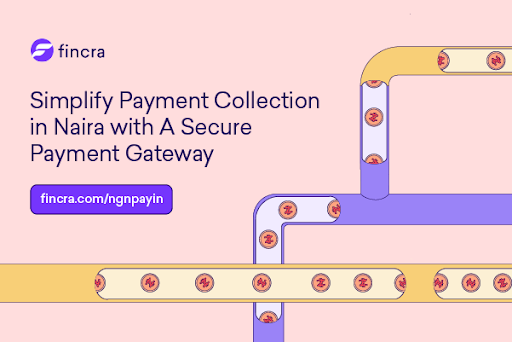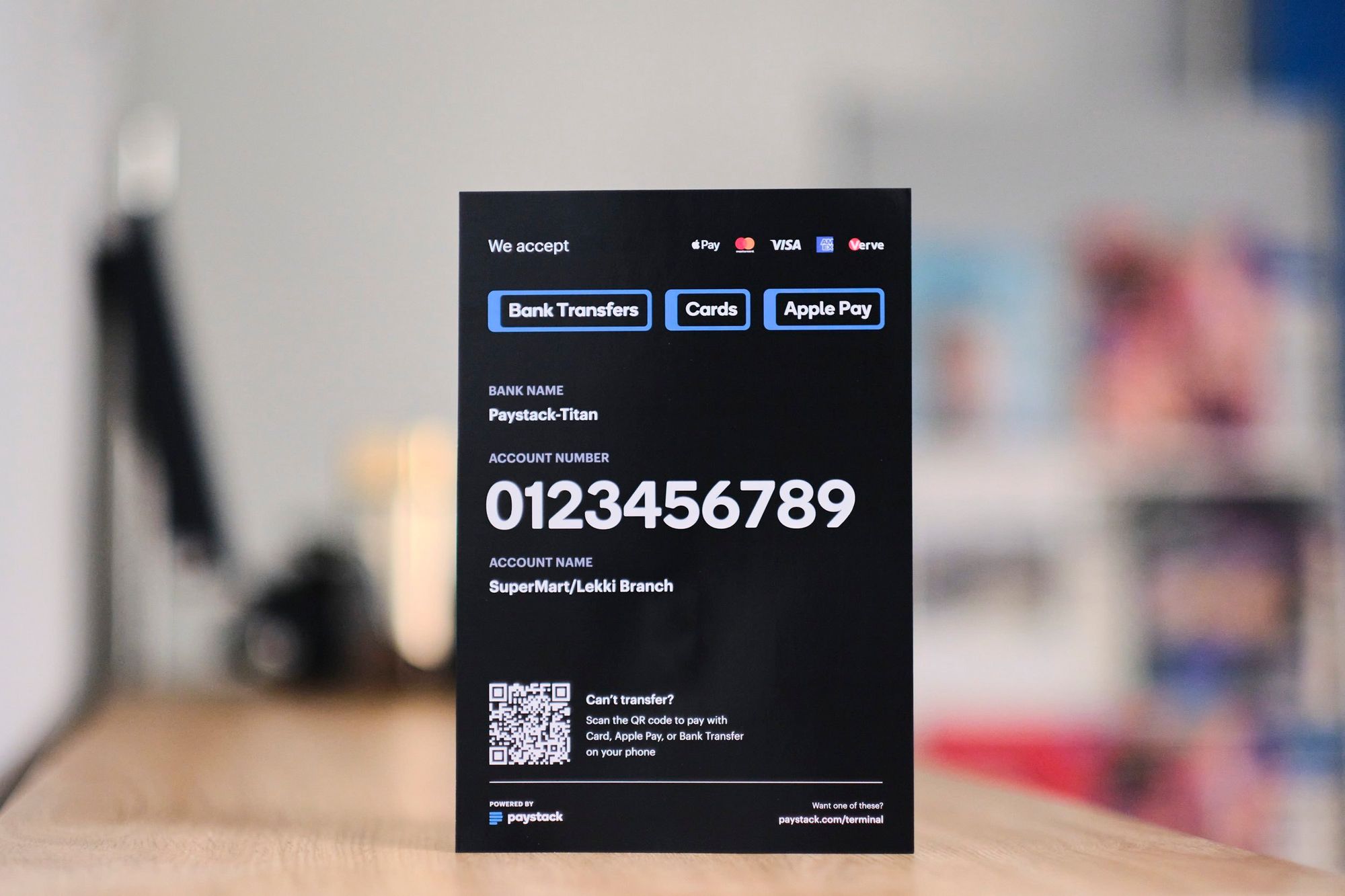

Good morning ☀️
We’re curious, how are SMEs holding up in this period?
Is there a mental model you’re using to keep the pressure of inflation at bay as a business owner?
You can tell us about it by sending our features editor an email at oluwatobi@bigcabal.com.
Bolt drivers in Kenya demand fair compensation
Bolt drivers in Kenya are once again voicing their concerns. During a recent engagement event hosted by Bolt in Nairobi, the drivers said they want to be consulted before Bolt makes any pricing changes on the platform.
They also underlined the necessity of accurately pinned locations for seamless navigation and requested reimbursement for parking fees incurred during operations. Additionally, concerns were raised regarding the quality of customer service provided by the platform and the need for fair compensation commensurate with their efforts.
Issues such as the certificate verification process lasting two weeks, existing trip cancellation policies, and safety measures were also discussed. Furthermore, Bolt’s delivery riders advocated for a minimum cap of Sh200 ($1.37) on delivery charges to ensure equitable earnings.
Recurring issues? Some of these issues aren’t new. By November 2023, Bolt had expelled 5,000 drivers over six months over safety concerns—including scuffles between passengers and drivers. Kenya’s transport authority froze Bolt’s license renewal in October, demanding a safety plan and answers on “illegal” commission charges before granting approval. After meeting the demands, Bolt got its licence renewed.
Bolt responds: In response to drivers’ complaints, Bolt’s country manager, Linda Ndung’u, pledged to provide regular training to ensure high-quality services from drivers and acknowledged flaws in the certificate verification process. She committed to reviewing the pricing model to address driver concerns and compensation.
If this sounds vaguely familiar, it’s because Bolt, last year, opened a driver-engagement centre in Nairobi to address some of the existing concerns drivers have been pushing for. At the time, Ndung’u had said the centre would help solve driver complaints in a timely manner, but so far, it looks like nothing has changed for Kenyan Bolt drivers.
Access payments with Moniepoint

You don’t have to take our word for it. Give it a shot like he did Click here to experience fast and reliable personal banking with Moniepoint.
FairMoney is looking at its second acquisition with Umba
In the African fintech landscape, M&A conversations are becoming more prevalent, reflecting tightening VC funding and the challenges faced by many startups in meeting growth targets and managing unit economics.
And FairMoney, a Nigerian fintech, knows a bit about that. Last year, it acquired PayForce in a cash-and-stock deal worth $15 million. Ten months later, FairMoney appears to be taking another bold step towards growth as the fintech is reportedly in talks to acquire Umba, a neobank with operations in both Nigeria and Kenya, for a $20 million all-stock offer.
It’s all still in the early stages and both companies are hush-hush about it.
What’s in it for both fintechs? For FairMoney, acquiring Umba presents a strategic opportunity to streamline its entry into the Kenyan market without navigating Kenya’s tricky licensing pathway which took Umba three years! By leveraging Umba’s existing infrastructure and customer base in Kenya, FairMoney could rapidly expand its reach and tap into new markets. The $20 million all-stock deal offered by FairMoney aligns closely with Umba’s total fundraising of $17 million since its inception. In this context, FairMoney’s offer could provide Umba with much-needed financial stability and a path towards future growth.
FairMoney, backed by investors like Tiger Global and DST Global Partners, has raised over $60 million. The fintech has also diversified its product offerings over the years and added other financial services, such as debit cards, transfers and payments after it launched as a digital lender in Nigeria six years ago.
Secure payment gateway for your business

Fincra’s payment gateway enables you to easily collect Naira payments as a business; you can collect payments in minutes through bank transfers, cards, virtual accounts and mobile money. Create a free account and start collecting NGN payments with Fincra.
Cyberterrorist group Lockbit has been locked up
Every day for the thief hacker, one day for the owner.
The news: In one of the most significant disruptions of the cyber-criminal world, the UK’s National Crime Agency (NCA) has nabbed the World’s largest criminal ransomware group, Lockbit.
Lockbit? In 2020, the world first witnessed Lockbit, a ruthless ransomware group whose eponymous software spread like wildfire. Traced back to Russian-language forums, the group’s true origins remain shrouded in mystery. What’s clear is the devastating impact they’ve had, leaving a trail of over 2,000 victims worldwide, amassing over $120 million in ransom payments, and demanding even higher sums. The group’s tactics involve encrypting sensitive data and holding it hostage, forcing organizations to pay for its decryption.
While the group has been predominantly disruptive in the United States hitting more than 1,700 American organisations, African companies were not left out of its onslaught. Lockbit in November last year attacked Fawry, a leading provider of e-payments and digital finance solutions in Egypt. The ransomware group encrypted files and also allegedly exfiltrated data from the e-payment provider. Fawry confirmed in a news report that addresses, phone numbers, and dates of birth, were leaked.
Hacking the hackers: The NCA, in collaboration with international partners, yesterday infiltrated Lockbit’s system and carted away its data. The police group seized 34 of Lockbit’s servers, arrested two members, froze 200 cryptocurrency accounts, and shut down 14,000 “rouge accounts” used for their operations.
Per UK laws, punishment for ransomware attacks includes facing a fine, imprisonment of more than 5 years, or both depending on the severity of the offence.
Accept fast in-person payments, at scale

Delight your customers by allowing frontline staff and sales agents confirm bank transfers, instantly. Learn more →
Neuralink makes a breakthrough with first successful human brain chip implant
Eight years after its quiet launch in 2016, Elon Musk’s brain-computer interface company, Neuralink, has successfully implanted “threads” into a human brain.
The recipient of the brain implant has reportedly made a full recovery and can now control a computer mouse using only their thoughts.
What are threads? They are ultra-thin, flexible wires that form the core of Neuralink’s brain-computer interface (BCI) technology. These wires read signals from a paralysed patient’s brain and transmit that data to a computer, enabling the patient to control it solely with their thoughts.
Neuralink aims to aid people with paralysis or other disabilities to control devices with their minds and to also help treat neurological disorders or improve human cognitive abilities.
The journey so far: After Neuralink’s launch, the company stayed mostly under the radar until 2019 when it showcased its brain chip. As preparations for human trials began, Neuralink initiated animal testing in 2019 and declared successful implantation of its chip in a monkey. In February 2022, the Physicians Committee for Responsible Medicine—an animal-rights group—disclosed mistreatment allegations during Neuralink’s brain implant testing, showing veterinary records of twelve “previously healthy” monkeys that had to be put down due to symptoms like bloody diarrhoea, paralysis, and brain swelling post-implant.
Failed attempts: CEO of Neuralink, Elon Musk repeatedly missed deadlines he set for human trials in 2020 and 2021. Initially denied approval by the FDA in 2022 due to safety concerns, the company eventually obtained it in September 2023 and has now had its first human patient successfully receive a Neuralink brain implant and is now trying to get as many mouse button clicks as possible from the patient.
According to the United Nations, in Africa alone, 80 million people are disabled. The successful implantation and initial functionality offer a glimmer of hope for millions of people suffering from paralysis, blindness, and other neurological conditions. Neuralink isn’t alone in this pursuit. Companies like Synchron, Blackrock Neurotech, Paradromics, and Precision Neuroscience are also exploring BCIs for therapeutic purposes. Mark Zuckerberg’s Meta, for instance, is developing BCIs that can translate thoughts directly from neurons into words.
The World Wide Web3
Source:

|
Coin Name |
Current Value |
Day |
Month |
|---|---|---|---|
| $51,783 |
+ 0.32% |
+ 24.30% |
|
| $2,998 |
+ 2.53% |
+ 18.23% |
|
|
$2.02 |
– 14.07% |
– 14.07% |
|
| $6.89 |
+ 1.58% |
+ 183.51% |
* Data as of 06:00 AM WAT, Febraury 21, 2024.

Experience the best rates and enjoy swift 6-24hrs delivery times. Elevate your business with OneLiquidity–get started today.
- Meta, in collaboration with Ingressive for Good, has partnered to address the surging demand for digital marketing skills in the industry by offering scholarships to empower at least 5,000 youths in Nigeria, South Africa, Côte d’Ivoire and Kenya to thrive in their digital careers. Upon successful completion of the programme, participants will embark on a transformative 30-day job readiness bootcamp, acquiring essential soft skills and gaining exclusive access to industry thought leaders for mentorship and guidance. Apply here.
- Selar, Africa’s leading creator platform, is thrilled to introduce the Selar Tuition Funds initiative, a project aimed at providing financial support to students in Nigerian tertiary institutions. This year, Selar will grant ₦100,000 to 50 final year students, helping them overcome the escalating cost of education and successfully complete their studies. In addition to the financial aid, Selar will offer internship opportunities to further enhance the recipients’ educational journey and foster their career growth. Apply today.
- The National Information Technology Development Agency (NITDA) and Tech4Dev have opened applications for the DigitalforAll Challenge 2.0. The program, which is divided into three categories: Young Learners (Ages 12-18); Youth Category (Ages 19-45); and Civil Servants, will reward winners and runners-up in each category with cash prizes. the winner from each category will receive₦10 million cash, while the first runner-up will get a consolation prize of ₦7.5 million. The second runner-up for each of the categories will receive ₦5 million. Apply here.
What else is happening in tech?
Written by: Mariam Muhammad & Faith Omoniyi
Edited by: Timi Odueso
Want more of TechCabal? Sign up for our insightful newsletters on the business and economy of tech in Africa.
- The Next Wave: futuristic analysis of the business of tech in Africa.
- Entering Tech: tech career insights and opportunities in your inbox every Wednesday at 3 PM WAT.
- In a Giffy: business decisions powered by data-driven insights and analysis you can trust.
- TC Scoops: breaking news from TechCabal
P:S If you’re often missing TC Daily in your inbox, check your Promotions folder and move any edition of TC Daily from “Promotions” to your “Main” or “Primary” folder and TC Daily will always come to you.























